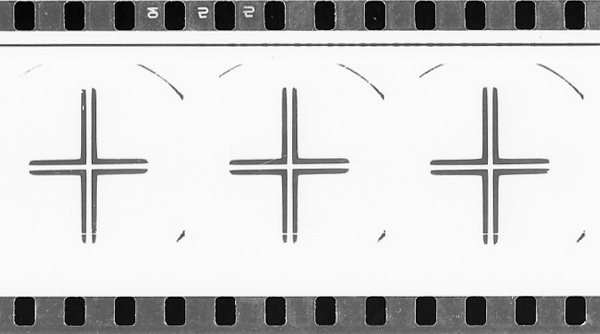A Long Weekend In Pest And Buda

Synopsis
A Long Weekend in Pest and Buda reunites Karoly Makk with Mari Torocsik and Ivan Darvas, who starred in his classic film Love which was made over 30 years ago. With them, Makk recreates that finely tuned sense of place, history, and intimate human stories that characterize his best films, showing a director still working at the height of his talent. Emotionally mature and profoundly moving, the film reveals how, despite our best efforts, we can never quite escape the past."There are some film directors who do not necessarily always capture headline-grabbing reviews; nor are their careers launched, Orson Welles style, in a blaze of publicity. Instead, like Karoly Makk, they steadily but impressively amass a corpus of increasingly well-crafted and critically appreciated films. Makk has worked on over 40 films, in one capacity or another, in a long and varied career stretching to some 62 years. Yet his start in filmmaking was hardly auspicious – the son of a cinema projectionist in the countryside, he moved to Budapest to begin work on his first film in 1944. It was only a few months later that the Red Army rolled in to begin the siege of the city that raged for two months and destroyed whole swathes of the Hungarian capital. The film was the oddly titled 2 x 2 = 5 (Ketszer ketto) directed by the almost unknown Janos Manninger. Banned because its leading actor was a supporter of the Hungarian fascist Arrow Cross, a remake using another actor was a disaster, and the film disappeared in the chaos of war and post-war dislocation.
It was only in 1954 that Makk was able to direct his first feature film, Liliomfi, a tale of a travelling theatre group. After some ten years Makk was now established. But the Hungarian Revolution of 1956 brought new dilemmas: Makk had to consider whether to leave or to stay. The event had a profound effect on him, and he was later to remark that, for his generation, 1956 will always appear in some way or other in their films.
By 1970, Makk was ready to tackle head-on the subject of political repression in the Fifties. Although Love (Szerelem) makes no direct reference to 1956, this is the context in which the film is inevitably seen. Love was received with much critical acclaim both at home and abroad and won a special award at Cannes in 1971. Other successes followed, including Catsplay (Macskajatek), 1974, and Another Way (Egymasranezve), in 1981, the latter being the first Hungarian film to explore the prejudices and problems faced by lesbians in Hungary in the 1950s.
A Long Weekend in Pest and Buda came about partly because of a suggestion by Marc Vlessing, the film's eventual producer, that Makk ought to make a film which looked at the recent past in Hungary. At the time (1997), Vlessing and Makk were in London putting the finishing touches to The Gambler; as the date suggests, the film had had a long gestation period, partly due to the usual problems of finding financial backing, not easy for a film made in Hungary, with Hungarian personnel, actors (with one exception), and a distinctly Hungarian theme and topic. From early on in the development of the project, Makk was keen to include the two actors from Love, Ivan Darvas and Mari Torocsik, despite any notions this may have raised about the film being a continuation or even a remake of the earlier film. The story of Ivan and his former lover Mari, as they struggle to come to terms with the past, also becomes the story of his generation." – John Cunningham
John Cunningham's complete essay, from which this excerpt is taken, appears in the Booklet of the DVD release.
Special Features
- Filmed interview with director Karoly Makk- Filmed interview with co-writer Marc Vlessing
- Booklet features Mari Torocsik speaking about Karoly Makk and a new essay by author John Cunningham